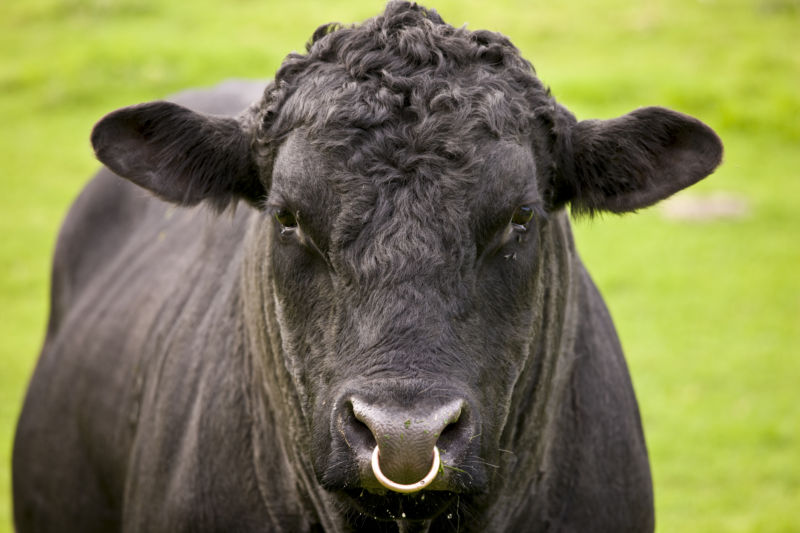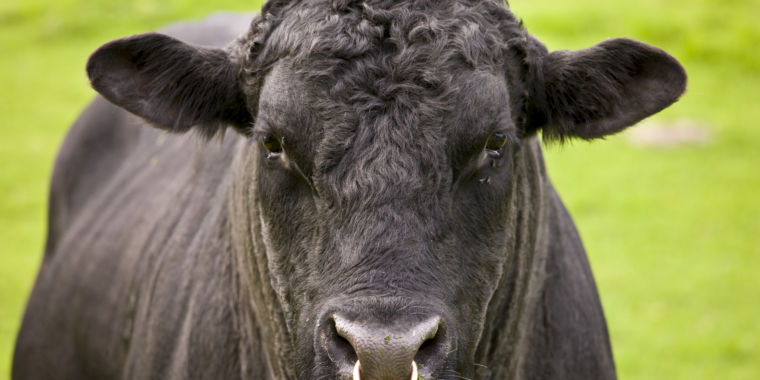
/ Mark out for that cow.
How will we, as WEIRD (Western, Educated, Industrialized, Prosperous, and Democratic) folk, mitigate our catastrophic results on the ambiance? Stunning great all suggestions inaugurate with this: eat much less meat.
Love the a lot of top suggestions—pressure much less and wing much less—here’s no longer righteous appealing to most of us. But red meat manufacturing within the US uses more land, water, and fertilizer than any varied bear of agriculture, no subject which system you lower it. Whether you measure by calories or grams of protein generated, cows are the elephant within the room.
As of now, cattle eat no longer handiest local pasture, nonetheless also grains, hay, and grass that’s grown in other places and stored. A fresh analysis by an world crew of researchers regarded into what would trade if the US switched to sustainable ranching, by which cattle eat handiest from local grasslands and agricultural byproducts.
It appears that the most fresh quantity of pastureland within the US would possibly perhaps well perhaps handiest support forty five % of our most modern red meat manufacturing and consumption. This admittedly slim definition of sustainability relies on feeding cows more agricultural byproducts, which, as of now, fable for handiest about 10 % of their diet; the scientists point out that, “no subject the fresh doubling of distillers’ grain utilization,” these byproducts are peaceful abundant.
If we had been to lower the pastureland that ranchers currently exercise in 1/2, that would diminish red meat availability to… forty three % of most modern values, in build of forty five. So freeing up a pair of 135 hectares—almost 1 / 4 of our nationwide surface situation, and twice the size of France—would lower red meat availability by handiest two proportion parts.
Most of here’s no longer especially productive grassland, and it’ll be rewilded or conserved. But some of it is excessive-fine cropland that would possibly perhaps well perhaps be mature to grow varied meals sources, cherish pork, poultry, grains, legumes, greens, and even dairy. All of those fabricate essentially the most of much less water and fertilizer than red meat whereas emitting fewer greenhouse gases. In addition, they give us with more calories, fiber, micronutrients, and even protein than the red meat they’d supplant. The most convenient ingredient we’d be missing is vitamin B12, for which the authors of this analysis supply a short repair: exhaust a tablet.
They fabricate that “If American citizens diminished their imply red meat consumption from the most fresh ~460g per individual per week to ~200g per individual per week, the US red meat industry would possibly perhaps well perhaps change into environmentally sustainable by the slim definition of this paper.” Simple. Appropriate bear one weekly burger as a exchange of two.
Nature Ecology and Evolution, 2017. DOI: 10.1038/s41559-017-0390-5 (About DOIs).


Commentaires récents